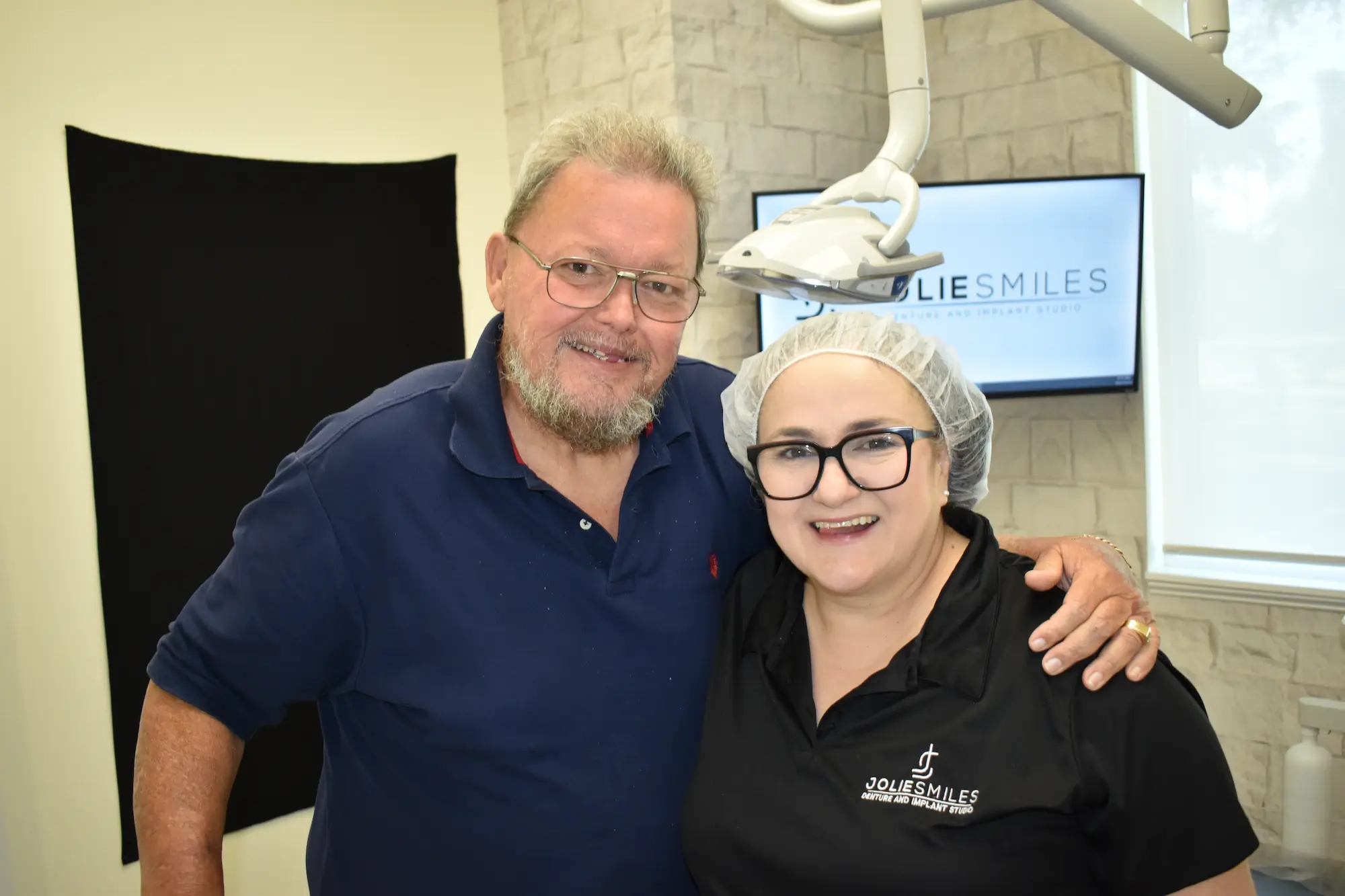What are dental implants?

What Are Dental Implants?
In the journey toward restoring smiles and confidence, dental implants have emerged as a beacon of hope for many. They represent a durable and aesthetically pleasing solution for those suffering from missing teeth. But what exactly are dental implants, and how do they work? This comprehensive guide aims to shed light on everything you need to know about dental implants, including their types, benefits, and care.
Understanding Dental Implants
Definition of Dental Implants
Dental implants are artificial tooth roots, typically made of titanium, that provide a permanent base for fixed, replacement teeth. Compared to dentures, bridges, and crowns, dental implants are a popular and effective long-term solution for people who suffer from missing teeth, failing teeth, or chronic dental problems.
Components of a Dental Implant
A dental implant consists of three main parts:
- The Implant: A titanium screw that is inserted into the jawbone, serving as a root for the new tooth.
- The Abutment: Positioned on top of the implant, this component acts as a connector for the crown.
- The Crown: The visible part that looks like a natural tooth, usually made of porcelain or zirconium for a natural appearance and durability.
The Dental Implant Process
The process of getting dental implants involves several steps, including a comprehensive evaluation, the surgical insertion of the implant, a healing period for osseointegration (where the implant bonds with the jawbone), and the placement of the crown. This procedure not only restores the tooth but also preserves the natural bone, encouraging bone growth.
Types of Dental Implants
Endosteal Implants
These are the most common type of implants, which are placed directly into the jawbone. Once the surrounding gum tissue has healed, a second surgery is needed to connect a post to the original implant, followed by attaching an artificial tooth (or teeth) to the post individually, or grouped on a bridge or denture.
Subperiosteal Implants
Subperiosteal implants are placed under the gum but on, or above, the jawbone. This option is suitable for patients who do not have enough healthy natural jawbone and cannot, or do not want to undergo a bone augmentation procedure to rebuild it.
Mini Dental Implants (MDIs)
MDIs are narrower than traditional implants. They are primarily used to stabilize a lower denture but can be used in various situations. Due to their smaller size, MDIs can be placed through less-invasive techniques and are often used when space or bone volume is limited.
All-on-4® Dental Implants
An innovative approach for patients who have lost all or most of their teeth, All-on-4® involves using just four implants to support an entire arch of teeth. It offers a quicker and less invasive solution, often allowing patients to leave the same day with a full set of temporary teeth that look and feel natural.
Benefits of Dental Implants
- Appearance & Confidence: Dental implants look and feel like your own teeth, restoring your smile and confidence.
- Oral Health: Unlike tooth-supported bridges, implants do not require reducing other teeth, preserving your natural tooth structure.
- Durability: Implants are very durable and can last many years, even a lifetime with proper care.
- Convenience: Implants eliminate the inconvenience of removing dentures, as well as the need for messy adhesives.
Are You a Candidate for Dental Implants?
Ideal candidates for dental implants should have good overall health, adequate bone to support the implants, and healthy gums. A consultation with a dental professional is necessary to assess your suitability and discuss your options.
Caring for Your Dental Implants
Caring for implants is similar to caring for natural teeth, requiring regular brushing, flossing, and dental check-ups. With proper care, your implants can last a lifetime.
Potential Risks and Complications
As with any surgical procedure, there are risks involved, including infection, damage to other teeth, delayed bone healing, nerve damage, and sinus problems when implants placed in the upper jaw protrude into sinus cavities. However, these complications are rare and usually manageable.
Cost and Affordability
The cost of dental implants varies depending on several factors, including the number of teeth needing replacement and the type of implant used. While implants are an investment, they offer better long-term value compared to other tooth replacement options.
Conclusion
Dental implants offer a powerful solution for replacing missing teeth, providing a combination of reliability, functionality, and aesthetics. Whether you're considering mini implants, traditional implants, or the All-on-4® system, a dental professional can help you decide which option is best for you.
If you're ready to take the first step toward a brighter, more confident smile, consult with a dental professional about dental implants. Your journey to reclaiming your smile could start today.
